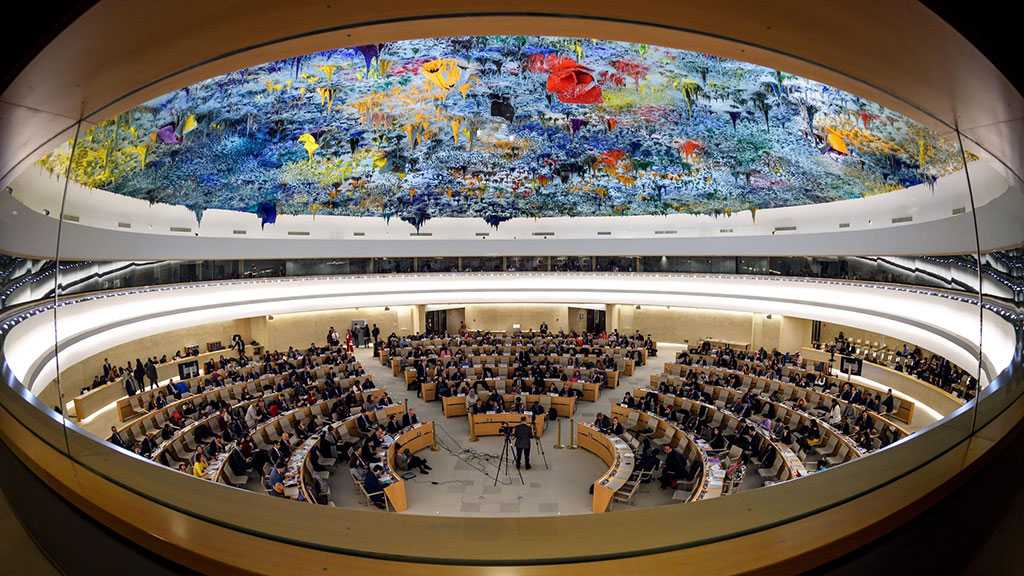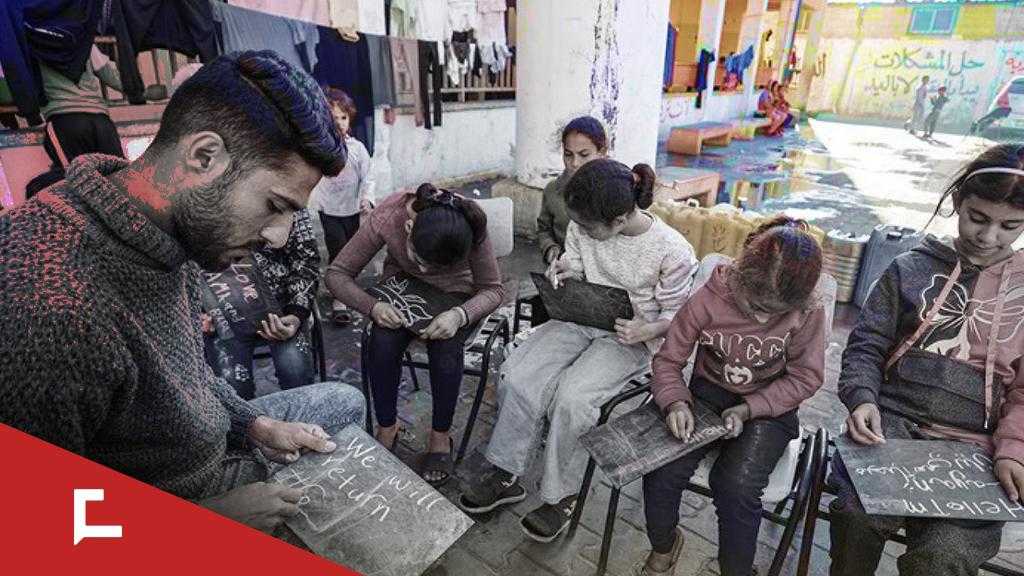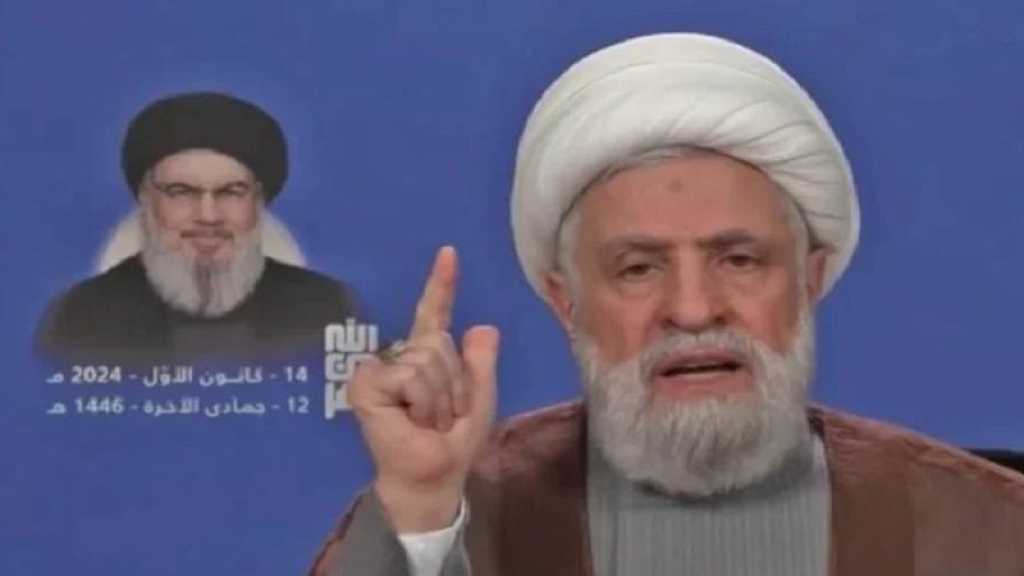EU Nations Condemn Saudi Human Rights Record

By Staff, Agencies
Arabia’s human rights record has been heavily censured by two dozen largely western countries who took aim at its worsening record for use of torture, unlawful detentions and unfair trials of critics, including female activists and journalists.
The joint statement, which was read out at a meeting of the UN’s Human Rights Council in Geneva, represents the second time in six months that the body has criticized the kingdom, following a similar statement in March.
Members urged Saudi authorities to establish the truth about the murder of journalist Jamal Khashoggi at the Istanbul consulate last October, and ensure that the perpetrators are held to account.
Leading the criticism were 15 European Union members, including Britain and Germany, who were among the signatories, as well as Canada, New Zealand and Peru.
There was no immediate response by the Saudi delegation, which is among the council’s 47 member states but whose seat was empty. The Saudi ambassador left the room about an hour before to host his country’s national day reception.
Among those who addressed the Human Rights Council meeting was Lina al-Hathloul, whose sister – the Saudi women’s activist Loujain al-Hathloul – was arrested last year and tortured, and whose release she called for.
Loujain al-Hathloul was among about a dozen prominent activists who were arrested in May 2018 in the weeks before a ban on women driving cars in the conservative kingdom was lifted, apparently as a sop to hardline conservative elements in the kingdom, who opposed the lifting of the driving ban.
In an address to the council, al-Hathloul raised the detention of her sister and other female activists.
“Loujain was imprisoned for promoting the implementation of the Vienna declaration of human rights which affirms the full and equal enjoyment by women of all human rights.
“Loujain did not get to drive in her home town of Riyadh because she was arrested right before the Saudi government lifted the driving ban for women.”
She added that her sister had been labelled a “traitor” for her women’s rights activism. “They tortured her and then attempted to trade her freedom in exchange for her publicly denying [her] torture.”
Human rights organizations have, however, documented widespread use of torture in extracting confessions, including from individuals subsequently executed for participating in protests when they were minors.
Agnes Callamard, the UN expert on extrajudicial executions worldwide, said in a report last June that Saudi Crown Prince Mohammed bin Salman and other senior officials should be investigated over Khashoggi’s murder given what she called credible evidence against them.
“We remain deeply concerned at the human rights situation in Saudi Arabia. Civil society actors in Saudi Arabia still face persecution and intimidation,” Australia’s ambassador Sally Mansfield said, reading out the statement.
“We are concerned at reports of torture, arbitrary detention, enforced disappearances, unfair trials and harassment of individuals engaged in promoting and defending human rights, their families and colleagues,” she said.
Comments
- Related News




